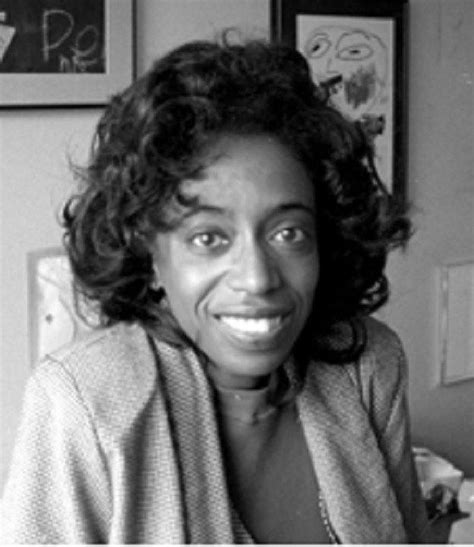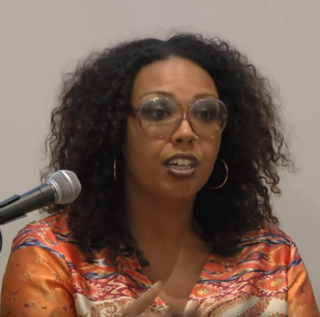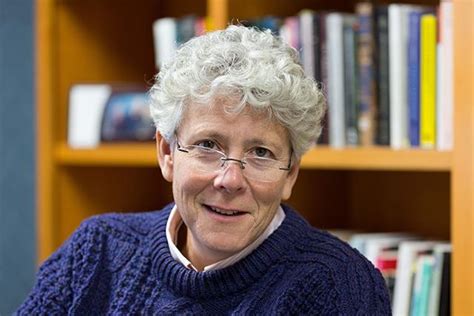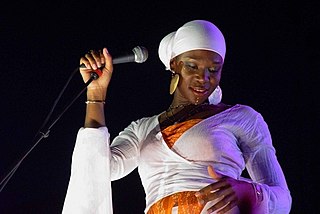A Quote by Henry Louis Gates
I rebel at the notion that I can't be part of other groups, that I can't construct identities through elective affinity, that race must be the most important thing about me. Is that what I want on my gravestone: Here lies an African American?
Related Quotes
When I was a kid, I'd go to the African-American section in the bookstore, and I'd try and find African-American people I hadn't read before. So in that sense the category was useful to me. But it's not useful to me as I write. I don't sit down to write an African-American zombie story or an African-American story about elevators. I'm writing a story about elevators which happens to talk about race in different ways. Or I'm writing a zombie novel which doesn't have that much to do with being black in America. That novel is really about survival.
I'm always talking about how representation is such an important thing - it's not just a request, it's a requirement - it needs to happen. So, to be a part of representation and to go down in the history books as the first African-American woman to win, and the second African-American to win the Royal Rumble is an honor.
Even as considering African-Americans, immigrants and other groups who may be marginalized in different ways, American Muslims are still one of the most marginalized groups. Overt prejudice is probably more acceptable toward American Muslims than any other single group in the U.S. There is still a lot of policies in place that are incredibly effective that don't show any signs of eroding. So, I don't want to overstate the optimism but I think things are headed gradually in the right direction. Just because of the distance between us and 9/11.
Since the notion that we should all forsake attachment to race and/or cultural identity and be “just humans” within the framework of white supremacy has usually meant that subordinate groups must surrender their identities, beliefs, values, and assimilate by adopting the values and beliefs of privileged-class whites, rather than promoting racial harmony this thinking has created a fierce cultural protectionism.
I think the important thing to understand first and foremost about Michael Jackson is that he was the international emblem of the African American blues spiritual impulse that goes back through slavery - Jim Crow, Jane Crow, up to the present moment, through a Louis Armstrong, through a Ma Rainey, through a Bessie Smith, all the way to John Coltrane, Aretha Franklin and Nina Simone.



































